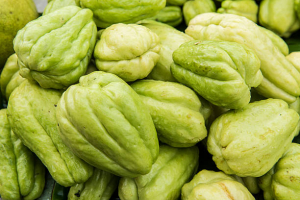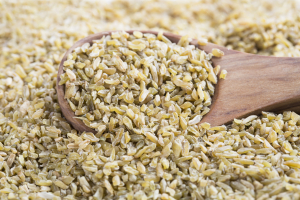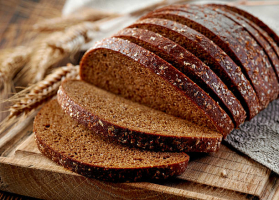Top 9 Benefits of Coenzyme Q10 (CoQ10)
Coenzyme Q10, or CoQ10, is a compound that helps in the production of energy in your cells. CoQ10 is produced naturally by your body, however, it tends to ... read more...decrease as you get older. Fortunately, you can get CoQ10 through foods or supplements. Low levels of CoQ10 have been related to health problems such as heart disease, brain disorders, diabetes, and cancer. CoQ10 offers a long list of health benefits, as evidenced by several studies. Here's all there is to know about CoQ10!
-
Other cardiovascular diseases, such as coronary artery disease or excessive blood pressure, may lead to heart failure. Increased oxidative damage and inflammation of the veins and arteries can result from these conditions. Heart failure happens when these issues cause the heart to become unable to contract, relax, or pump blood through the body on a regular basis. To make matters worse, certain heart failure treatments have adverse side effects including low blood pressure, while others may even lower CoQ10 levels.
Treatment with CoQ10 for two years improved symptoms and lowered the risk of dying from heart problems in 420 people with heart failure. Another study gave CoQ10 or a placebo to 641 people for a year. The CoQ10 group was hospitalized less frequently for worsening heart failure and had fewer significant consequences at the end of the study. Treatment with CoQ10 actually helps with restoring optimal levels of energy production, reducing oxidative damage, and improving heart function, all of which can help with heart failure treatment.

Help Treat Heart Failure 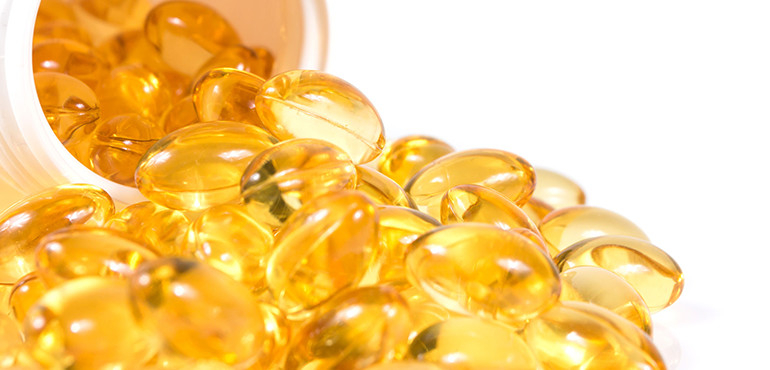
Help Treat Heart Failure -
Your skin is your body's greatest organ, and it's regularly exposed to harmful substances that speed up the aging process. Internal or external agents can be covered. The cellular damage and hormonal imbalances are two internal elements that might be harmful. Environmental agents, such as UV rays, are examples of external factors.
Harmful elements can cause skin thinning, as well as a loss in skin hydration and protection from environmental aggressors. By increasing energy production in skin cells and improving antioxidant defense, using CoQ10 directly on the skin can prevent damage from internal and external factors. CoQ10 has been demonstrated to minimize oxidative damage caused by UV radiation and even lessen the depth of wrinkles when applied directly to the skin. Furthermore, people with low levels of CoQ10 seem to be more likely to develop skin cancer
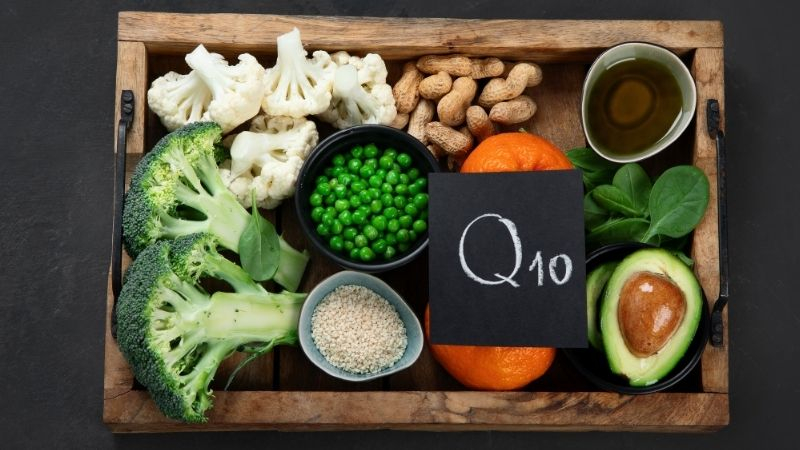
Help Keep Your Skin Young 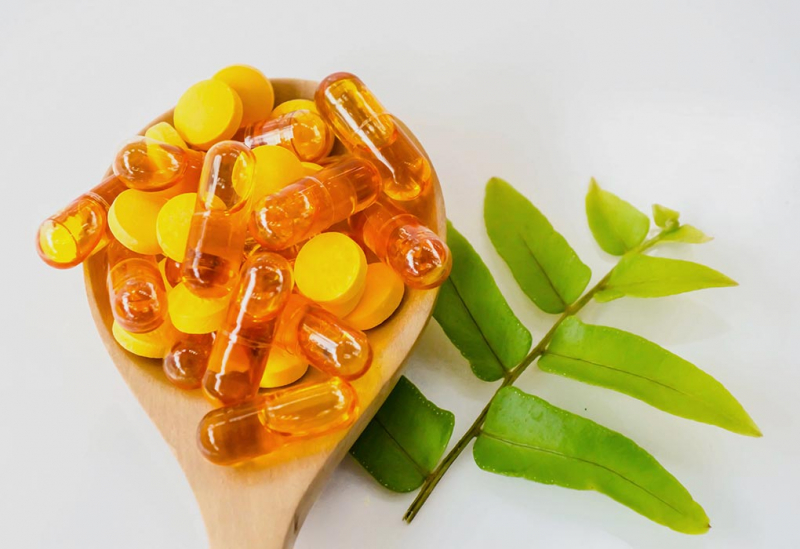
Help Keep Your Skin Young -
Increased calcium uptake by cells, excessive production of free radicals, and reduced antioxidant defense can all result from the abnormal mitochondrial function. Low energy in brain cells and even headaches might arise as a result of this.
Because CoQ10 is found mostly in the mitochondria of cells, it has been demonstrated to increase mitochondrial function and help in the reduction of inflammation associated with migraines. In fact, one research found that supplementing with CoQ10 reduced the number of migraines in 42 participants three times more than a placebo. In addition, people who suffer from migraines have been found to have a CoQ10 deficiency. After treatment with CoQ10, 1,550 people with low CoQ10 levels had fewer and less severe headaches, according to one larger research. Furthermore, it appears that CoQ10 not only relieves but also prevents migraines.

Reduce Headache 
Reduce Headache -
Muscle function, and exercise performance, can be affected by oxidative stress. Similarly, the abnormal mitochondrial function can lower muscular energy, making it difficult for muscles to contract properly and exercise for long periods of time.
CoQ10 improves mitochondrial activity and reduces oxidative stress in the cells, which can help with exercise performance. For instance, one research looked at CoQ10's impact on physical exercise. Oxidative stress was reduced in those who took 1,200 mg of CoQ10 per day for 60 days. CoQ10 supplementation (60–100 mg/day for 4–8 weeks) enhances aerobic power, anaerobic threshold, exercise performance, and/or recovery after exercise in both trained athletes and untrained individuals, according to numerous studies. Furthermore, supplementing with CoQ10 can help improve exercise performance by increasing power and decreasing fatigue during exercise.
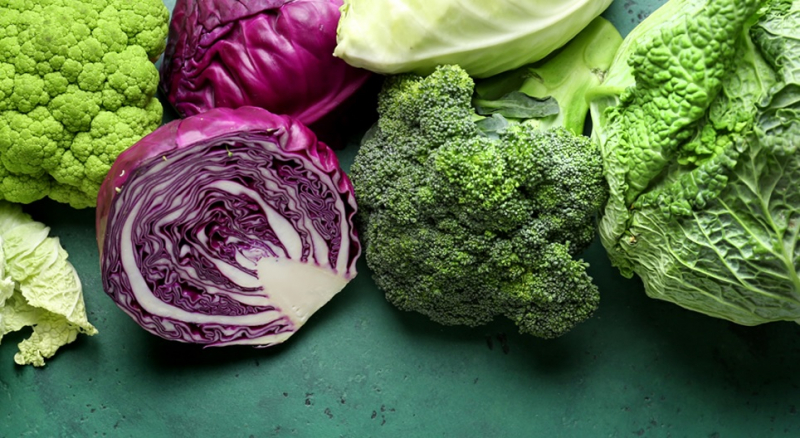
Help With Exercise Performance 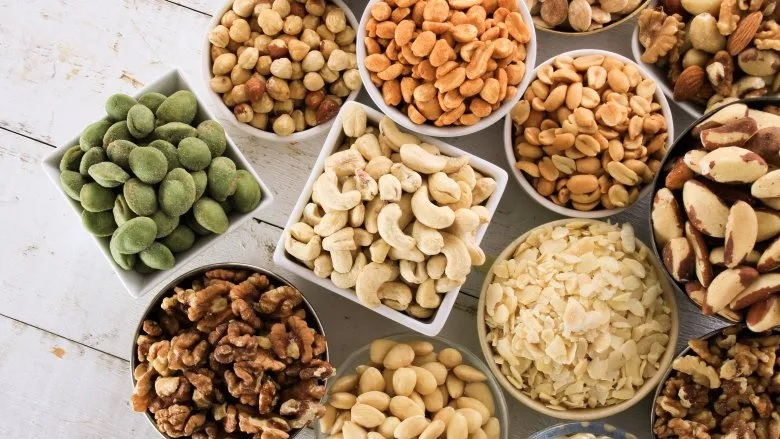
Help With Exercise Performance -
Cell damage can be caused by oxidative stress. Diabetes and other metabolic diseases might happen as a result of this. Insulin resistance has also been linked to abnormal mitochondrial function.
CoQ10 has been demonstrated to help regulate blood sugar levels and increase insulin sensitivity. Supplementing with CoQ10 may help increase CoQ10 levels in the blood by up to three times in diabetics who normally have low levels of this compound. Shigeta et al. found that supplementing with 120 mg CoQ7 lowered glucose levels by 20% in 67% of the 39 diabetic patients tested. Another study founds that daily administration of 60 mg CoQ10 to 15 diabetic patients enhanced insulin synthesis and secretion while also improving glycemic control. In another trial, patients with type 2 diabetes were given CoQ10 supplements for 12 weeks. Fasting blood sugar levels and hemoglobin A1C, which are the average blood sugar levels over the previous two to three months, were both dramatically lowered.
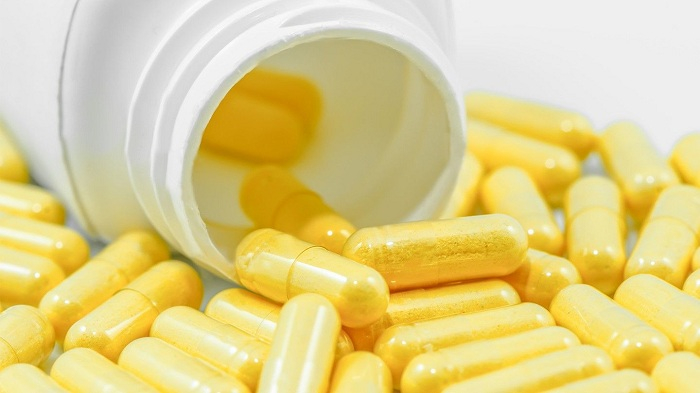
Help With Diabetes 
Help With Diabetes -
Cell damage and function are known to be affected by oxidative stress. The structure of your cells can be harmed if your body is unable to effectively fight oxidative damage, thus increasing the risk of cancer.
CoQ10 has been shown to protect cells from oxidative stress and boost cellular energy production, therefore improving their health and lifespan. Coenzyme Q10 is an antioxidant that helps in the production of energy in cells. Coenzyme Q10 has been demonstrated to boost the immune system and protect the heart from the adverse effects of chemotherapy drugs. It's worth noting that coenzyme Q10 levels in the blood have been found to be low in cancer patients. Low levels of CoQ10 have been linked to a 53.3% increased risk of cancer and a poor prognosis for several cancer types. Furthermore, one study found that taking CoQ10 supplements may help minimize the risk of cancer recurrence.

Play a Role in Cancer Prevention 
Play a Role in Cancer Prevention -
Mitochondria are the brain's principal energy providers. Mitochondrial function worsens as people become older. Total mitochondrial malfunction can cause brain cell death and disorders such as Alzheimer's and Parkinson's. Unfortunately, due to its high fatty acid content and high oxygen demand, the brain is extremely vulnerable to oxidative damage. This oxidative damage increases the formation of toxic compounds, which may have an impact on memory, cognition, and physical functions.
CoQ10 may lower these harmful compounds, perhaps reducing Alzheimer's and Parkinson's disease progression. CoQ10 levels have been found to be decreased in both the blood and the brain cortex tissue of Parkinson's disease patients in clinical tests. CoQ10 deficiency in the blood has been linked to an increased risk of Alzheimer's disease.
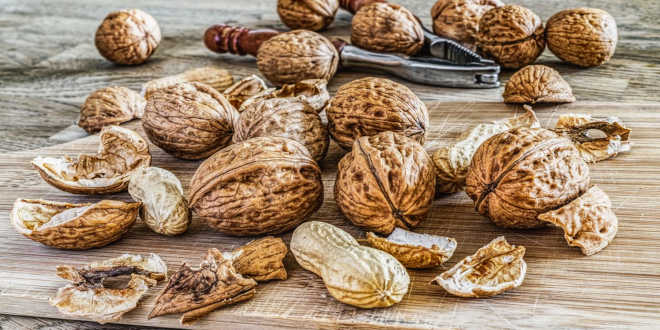
Good for the Brain 
Good for the Brain -
Your lungs have the greatest oxygen contact of all of your organs. As a result, they are extremely vulnerable to oxidative damage. Lung disorders such as asthma and chronic obstructive pulmonary disease can be caused by increased oxidative damage and a lack of antioxidant defense, particularly low levels of CoQ10 (COPD).
Furthermore, it has been demonstrated that people with these conditions have reduced CoQ10 levels. One research found that taking CoQ10 supplements lowered inflammation in people with asthma, as well as their need for steroid drugs to manage it. Another research found that those with COPD improved their exercise performance. After supplementing with CoQ10, improved tissue oxygenation and heart rate were seen.

Protect the Lungs 
Protect the Lungs -
Due to a reduction in the amount and quality of available eggs, female fertility decreases with age. CoQ10 plays a key role in this process. As you become older, your body's production of CoQ10 slows, making it less effective at protecting your eggs from oxidative damage.
Supplementing with CoQ10 seems to help, and may even reverse, the quality and number of eggs as they age. In women with a poor ovarian reserve, CoQ10 supplements improved ovarian response to stimulation and some embryological parameters. Male sperm is also prone to oxidative damage, which can lead to a reduction in sperm count, poor sperm quality, and infertility. CoQ10 supplement has been shown in several studies to improve sperm quality, activity, and concentration by increasing antioxidant protection.

Help With Fertility 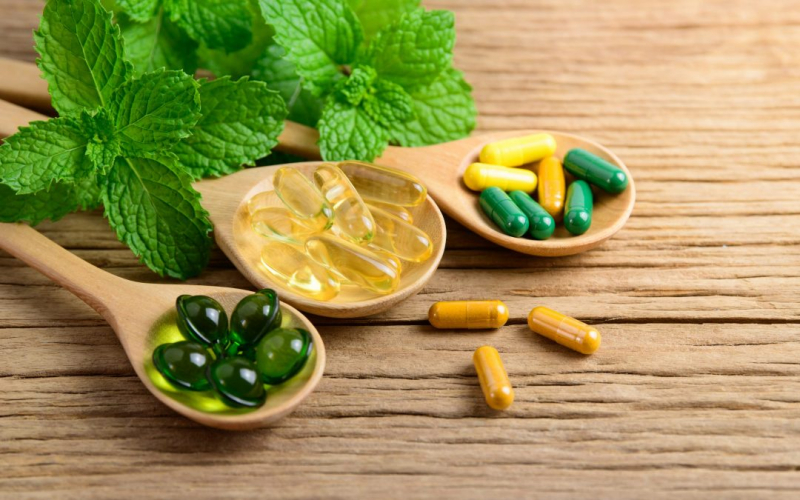
Help With Fertility

















